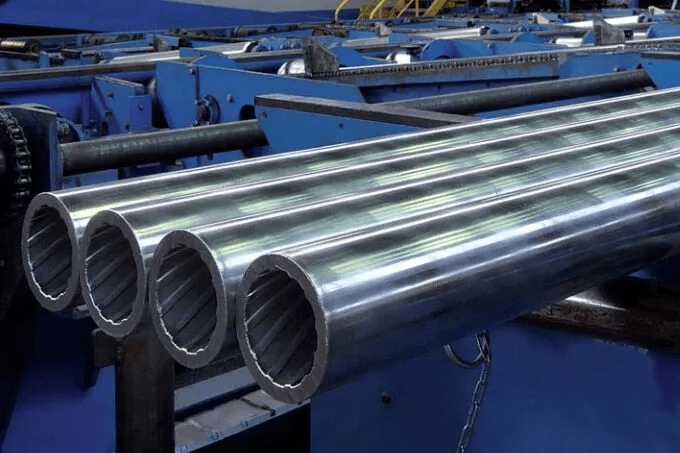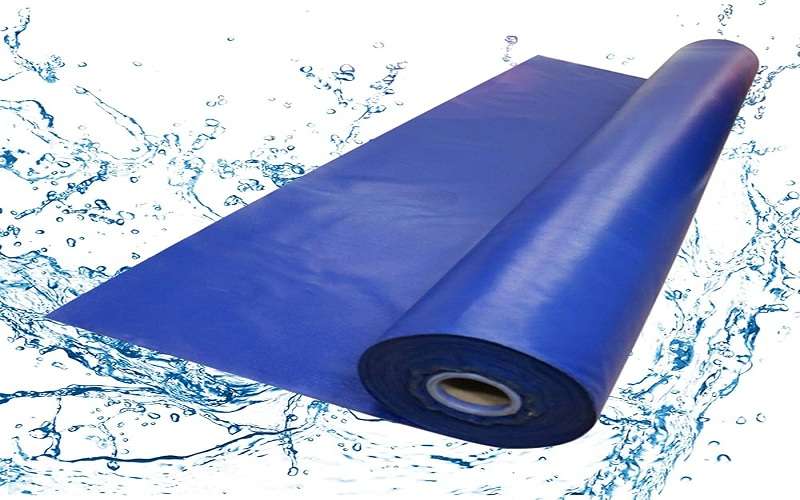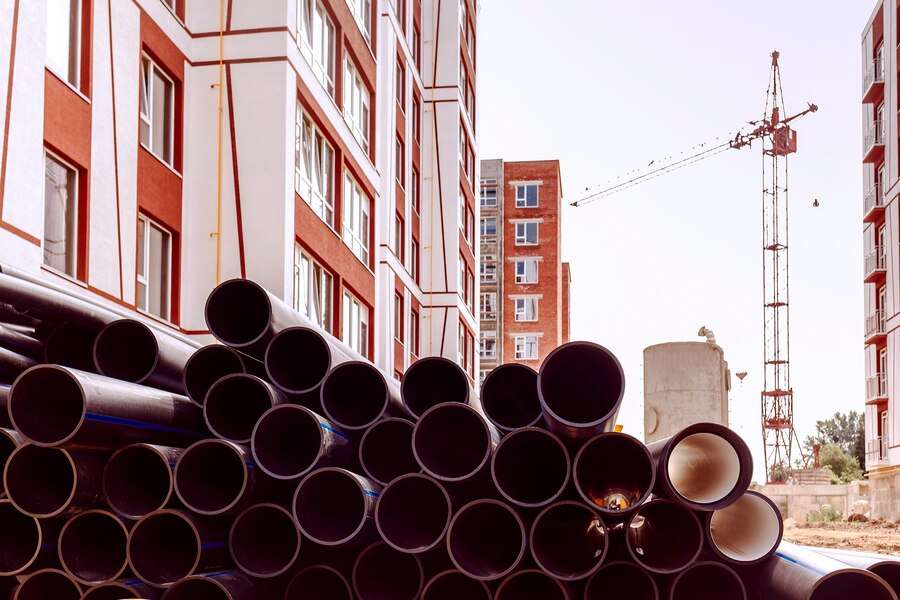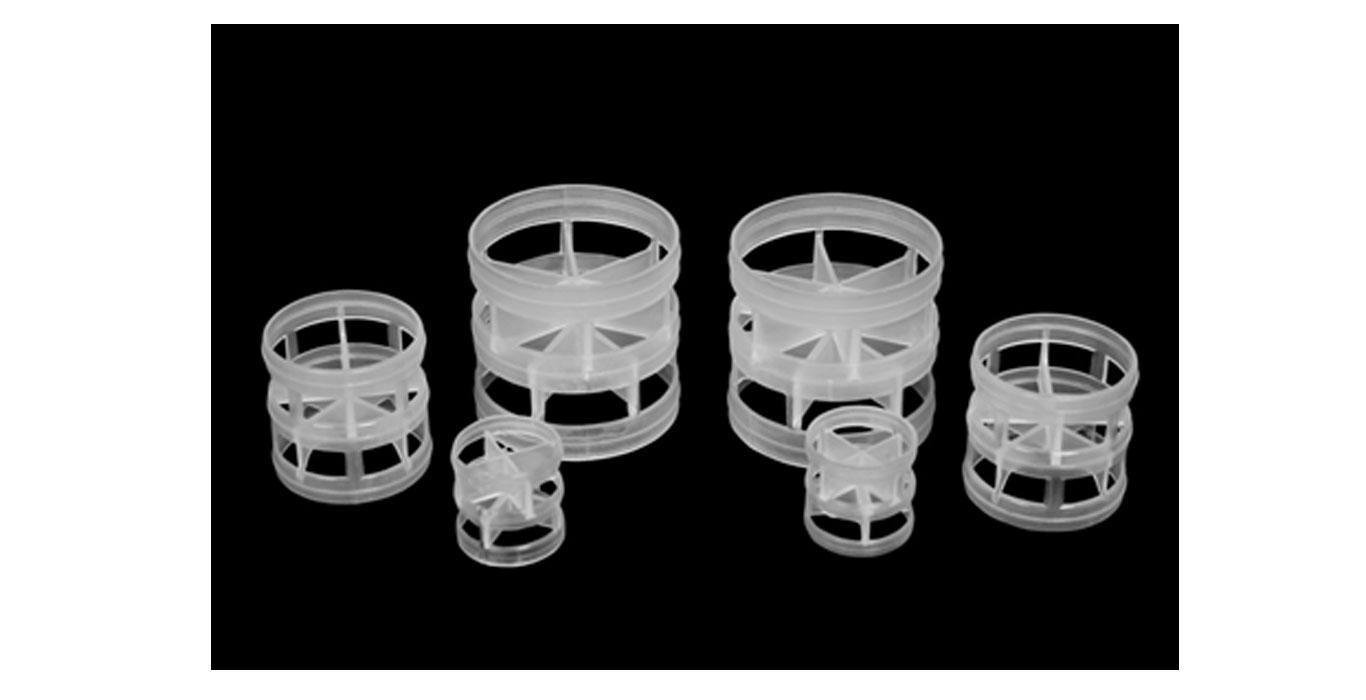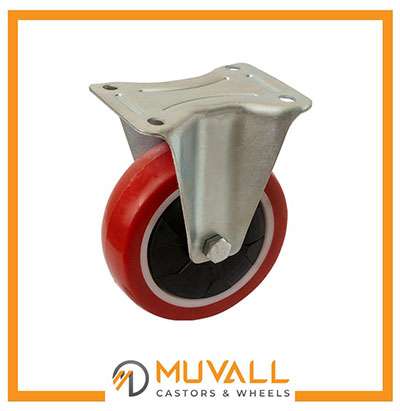Boiler tubes are a critical component of industrial and residential heating systems, as well as various other applications. They play a pivotal role in the heat exchange process, ensuring that the transfer of thermal energy is efficient and safe. In this comprehensive guide, we’ll delve into the world of boiler tubes, exploring their various types and the materials used in their construction.
Types of Boiler Tubes
1. Fire-Tube Boiler Tubes
Fire-tube boiler tubes are the most common type used in residential heating systems. These tubes are designed to withstand high levels of heat and pressure, making them ideal for applications where combustion gases pass through them. The key features of fire-tube boiler tubes include their durability and ease of maintenance.
2. Water-Tube Boiler Tubes
Water-tube boiler tubes are prevalent in industrial applications where high-pressure steam generation is required. Unlike fire-tube tubes, water-tube tubes contain water, and the hot gases pass around them. This design increases efficiency and is well-suited for power generation and large-scale industrial processes.
Materials Used in Boiler Tubes
1. Carbon Steel
Carbon steel is a popular choice for boiler tubes due to its excellent heat resistance and affordability. It can withstand high temperatures and pressures, making it suitable for various applications. Carbon steel boiler tubes are also known for their durability and resistance to corrosion.
2. Stainless Steel
Stainless steel boiler tubes are favoured for their corrosion-resistant properties. They are particularly well-suited for applications where the tube may come into contact with corrosive substances or high-temperature steam. Their ability to maintain structural integrity under extreme conditions makes them a preferred choice in certain industries.
3. Alloy Steel
Alloy steel boiler tubes are engineered to meet specific requirements, making them versatile for various applications. They offer enhanced heat resistance and strength compared to carbon steel. The choice of alloy steel depends on the specific conditions and operational demands of the boiler.
4. Inconel
Inconel is a specialized material known for its exceptional resistance to high-temperature corrosion and oxidation. Inconel boiler tubes are often used in extreme conditions, such as in the aerospace and petrochemical industries. Their ability to withstand extreme temperatures and aggressive environments makes them an invaluable choice for specific applications.
5. Copper Alloy
Copper alloy boiler tubes are utilized in applications where heat transfer efficiency is crucial. They have excellent thermal conductivity and are commonly used in smaller residential heating systems. Copper alloy tubes are known for their ability to quickly and efficiently transfer heat, making them an excellent choice for heat exchangers.
Conclusion
Boiler tubes are essential in heating systems, ensuring safe and efficient thermal energy transfer. The choice of boiler tube type and material plays a crucial role in determining the performance and longevity of the system. Whether you are considering residential heating, industrial processes, or specialised applications, understanding the various types and materials of boiler tubes is vital to making an informed decision.
In summary, fire-tube and water-tube boiler tubes are the two primary types, each with its own set of advantages and applications. Regarding materials, options like carbon steel, stainless steel, alloy steel, Inconel, and copper alloys offer various properties to meet the diverse needs of different industries.
Choosing the right boiler tube type and material is a decision that should be made with a comprehensive understanding of your specific requirements and operational conditions. By making an informed choice, you can ensure the optimal performance and safety of your heating system. For more information on boiler tubes, you can contact marc steel.






